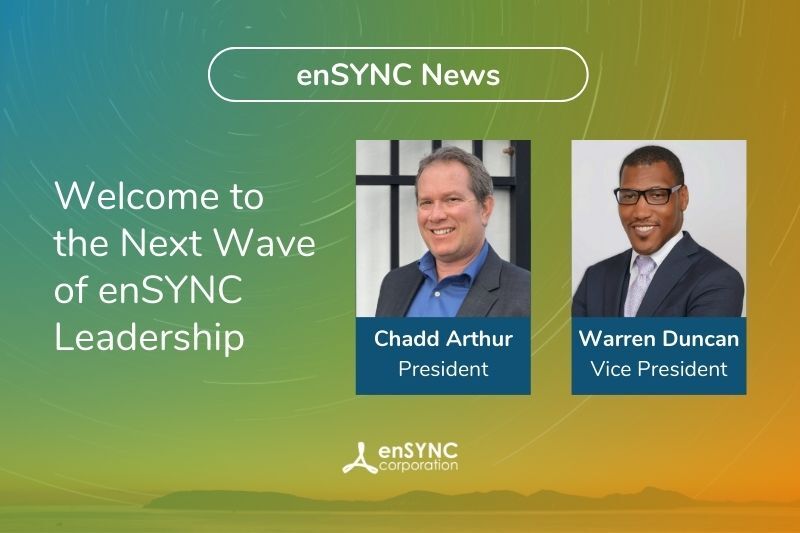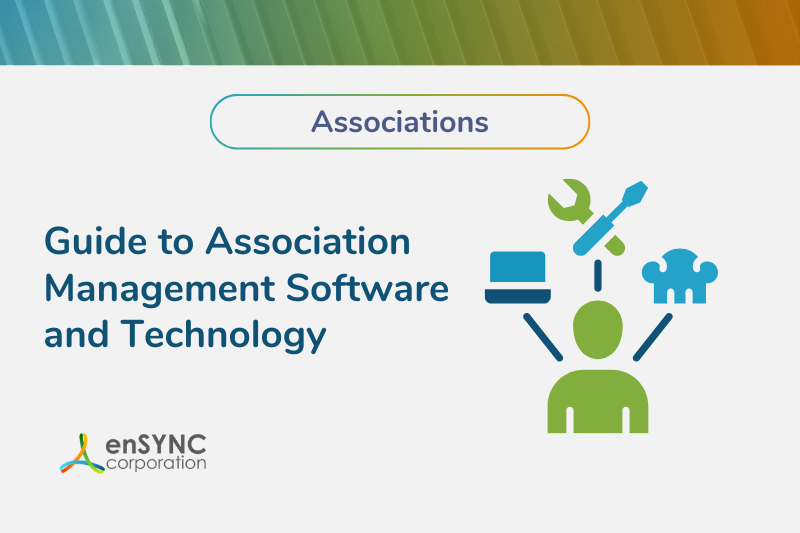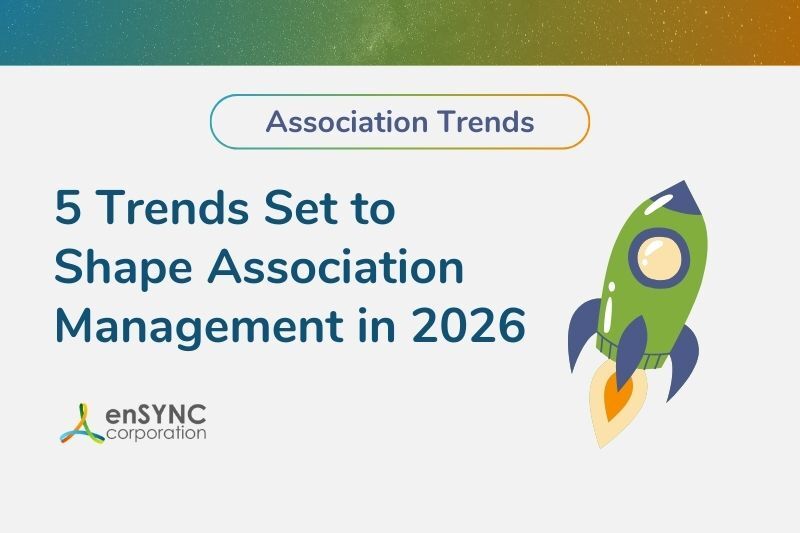Strategy & planning | Financial management | Nonprofits
COVID Changed Financial Planning for Nonprofits
August 5, 2020
|
We work with nonprofit organizations every day, and recently we have seen many in an unenviable financial position: the social distancing and economic downturn brought on by COVID have made their carefully laid financial plans moot. For example, some of our customers relied heavily on income from conferences and events, and they now find themselves wondering what to even deliver to their sponsors, and missing up to 70% of their revenue and cash flow.
While every financial plan should include some contingencies for the unexpected, the current situation is something nobody could have predicted, nor taken into account in their strategic plan.
Each plan has to answer to your specific organization, your culture, and your goals - and of course, be flexible enough to adapt to changes in the economy.
While the real costs of the current crisis will not be fully clear for a couple of years, it is safe to say many organizations - both for profit and nonprofits - will be going under in the near future. Don’t let it be you: you can still restore your nonprofit’s financial health and establish an agile budget process that will make you more resilient when the unexpected happens.
How to Create a Financial Plan for a Nonprofit
A nonprofit budget should be planned as carefully as one for a for-profit organization. Even if your goal is not to make money to get rich, all of your profits (the difference between income and expenses) are meant to further your organization’s goals, whether they be charitable, environmental, educational or anything else.
Good financial management is key to ensure your organization can run day to day and survive and grow in the long term.
To that end, you will require an annual budget as part of your business planning, which usually has to be approved by the board of directors. However, this budget must have enough flexibility to account for variations in your income and staffing.
1. Agile Budgeting
The traditional budget sees you planning your projects and calculating expenses a year in advance or more, and making educated guesses as to how much money you will require. The COVID crisis has shown us this is not the best way to go - with all events canceled and no meetings or teaching, your whole financial plan for this year (including budgeting) has probably gone out the window.
An agile approach to budgeting takes its inspiration from the project management philosophy, and approaches the budget in monthly or quarterly “sprints”. This way you have a clearer understanding of what your income and expenses will be for the next month or quarter, and adjustments can be made on the go. enSYNC's growth coaches can help with a strategic plan, just give us a call.
2. Diversify Income
If you were relying on a few big events for most of your income this year, your balance sheet is probably hurting right now. Don’t put all of your eggs in one basket. Start thinking outside the box right now, and add sources of revenue, ideally passive revenue.
Besides membership and events, add merchandise, online learning, consultancy, certification programs and other sources of funding to the mix.
3. Keep Your Overhead Lean
Please note that we’re not telling you to slash your staff to a bare minimum (although you may have already lost some people due to the crisis).
Overhead is one of the biggest expenses of a nonprofit, and there are ways you can keep your board and staff happy and get the work done for less.
For example, we recently started to offer complete packages, so you can off-source many tasks to us. Work such as managing registrations and renewals will get done in less time and for less money than it would take to keep a member of staff dedicated to it. You can even do this for just a period of time, only to tide you over till the crisis is over and you can bring everyone back on board.
4. Everyone is Responsible
Don’t fall into the old school error of keeping financial information a secret from your team. On the contrary, make sure everyone in the team has financial education, knows the terms and is familiar with the budget. Share financial statements with the team as much as possible, and hold each of them responsible for their spending and earning.
An informed, engaged, financially responsible team who is always looking for new ways to create income, paired with an agile budget, will make it much easier for you to recover from a crisis such as the one we’re all going through right now.
How to Review a Nonprofit Financial Plan
There are no hard and fast rules for deciding if a financial plan works, because each plan has to answer to your specific organization, your culture, and your goals - and, of course, be flexible enough to adapt to changes in the economy.
That said, we work with many nonprofits all the time, and we have gathered enough experience to be able to advise you and share what has worked for others in a similar position to yours.
The work you do is valuable - let us help you continue to do it. This crisis can also be a great opportunity for evolution and growth, and we are here to help you.
Recent Posts

enSYNC Corporation Announces New Leadership as It Celebrates 30 Years
enSYNC Corporation, a national award-winning technology partner to mission-based organizations, has appointed Chadd Arthur as President and Warren...

Guide to Association Management Software and Technology
Managing associations, with their many moving parts, is a complicated process to say the least. To streamline these complex operations, modern member...
Enjoying our blog?
At enSYNC, we want to empower associations and nonprofits to make well-educated decisions. If you want our industry knowledge (and other free guides) sent directly to your inbox, fill out the form below.




